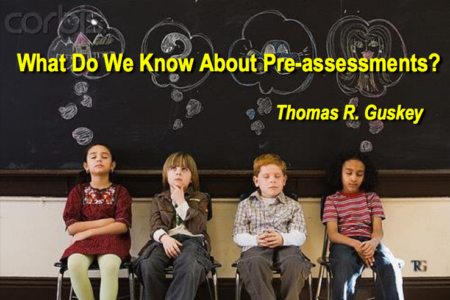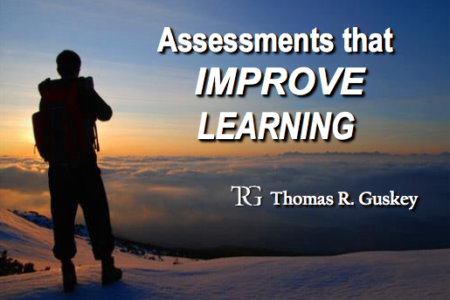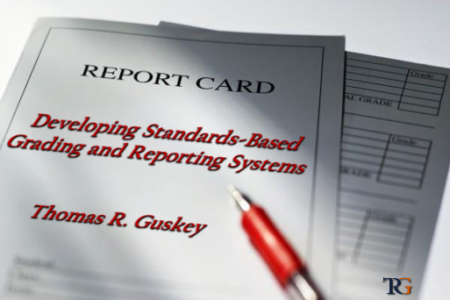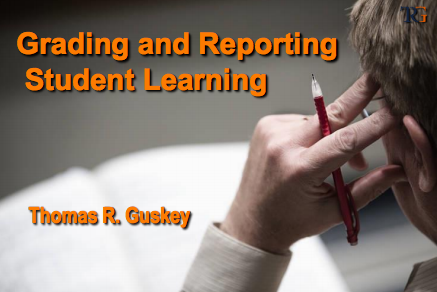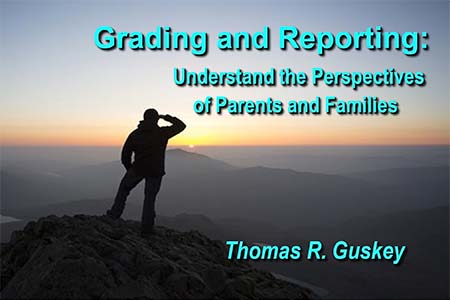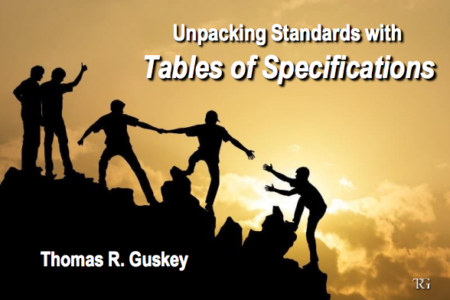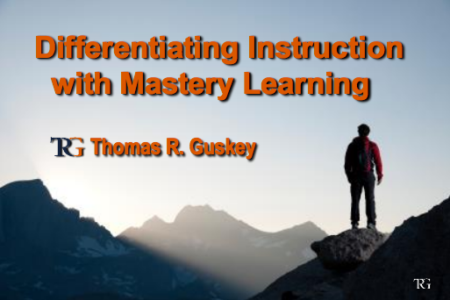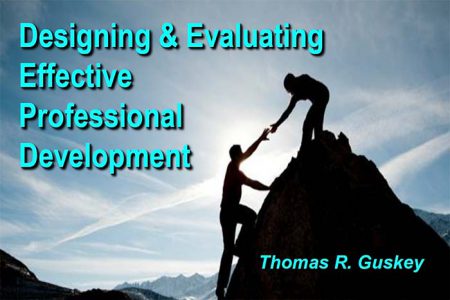What Do We Know About Pre-Assessments?
Although some forms of pre-assessment provide teachers and students with valuable information, others waste instructional time and have negative consequences for students. This presentation describes the characteristics of effective pre-assessments, their format and structure, and how they should be used. It also examines the types of pre-assessments that should be avoided due to potentially detrimental effects on students. Participants will learn how to use pre-assessments judiciously, efficiently, and effectively in a variety of learning contexts.




